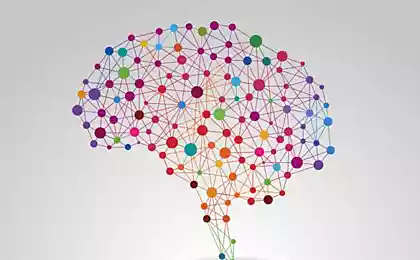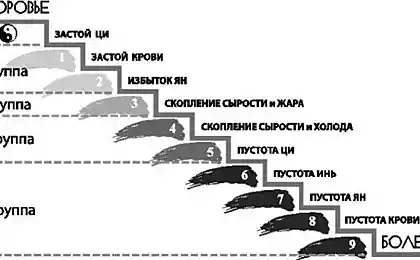535
9 types of intelligence

1. Natural intelligence Determines a person's ability to feel animals and plants. This ability was considered a gift in our evolutionary past. Great primitive hunters and gatherers had this gift. Now this type of intelligence continues to play an important role in some sectors and without it it is impossible to become a professional botanist or agronomist. Modern society is certainly not enough interested in this type because we are increasingly alienated from nature. 2. Musical intelligence Musical intelligence is the capacity to discern pitch, rhythm, timbre and tone. This type of intelligence allows us to feel, create, play music. Without it would not have been able composers, conductors, musicians, singers and listeners with a keen ear. Interestingly, the only musical intelligence + propensity for mathematics can give birth to such people as drummers. They are usually very well filtered external sound and have a good and quick count. 3. Logical-mathematical intelligence Logical-mathematical intelligence helps to count, solve complex mathematical and logical problems. Logical intelligence is usually well developed in mathematicians, scientists and detectives. Young people with this type of intelligence is not inclined to communicate, usually they are closed. They are interesting figures, experiments and logic puzzles. 4. Existential intelligence Intelligence that potentially helps the individual in the struggle with the deepest questions of human existence. For example, such people can put forward a new theory about the meaning of life, the possibility of immortality and how people appeared on Earth. 5. Interpersonal intelligence Interpersonal intelligence is the ability to understand and effectively interact with other people. It includes effective verbal and nonverbal communication, the ability to quickly notice differences between people. Also, these people have a good feel the mood and temperament other. Teachers, social workers, actors and politicians, by definition, should possess this type of intelligence, but -- Young people with a developed interpersonal intelligence often become leaders among their peers, not because they are stronger, but because they are interesting to talk and think that they understand the feelings of each. 6. Bodily-kinesthetic intelligence Bodily-kinesthetic intelligence — the ability to manipulate physical objects and to use various physiological skills. These people are well oriented in time and space. Athletes, dancers, surgeons must have well-developed bodily-kinesthetic intelligence. 7. Linguistic intelligence Linguistic intelligence is the ability to think clearly and to interpret their thoughts, even very difficult, to understand for all the words. Linguistic intelligence is important for poets, writers, journalists and public figures. Young people with such intelligence love to write, read, tell stories and crossword puzzles. 8. Personal intelligence Personal intelligence — the ability to understand themselves and their thoughts and feelings, and to use this knowledge in the planning process of life. This type of intelligence allows a person to thoroughly evaluate their capabilities and to properly plan expenses. It is obvious that such people are good psychologists. But these people can be very shy. 9. Spatial intelligence Spatial intelligence is the ability to think in three dimensions. Such people are well aware of the place, mentally you can imagine what awaits them around the corner. They easily remember a picture just a picture of the place about which they are asked, or of which they remember at the moment. Sailors, pilots, sculptors, painters and architects — media developed spatial intelligence. People with this intelligence like mazes and puzzles. They can sit for hours at a time. источник:brainstorm-blog.ru
Source: /users/1077























